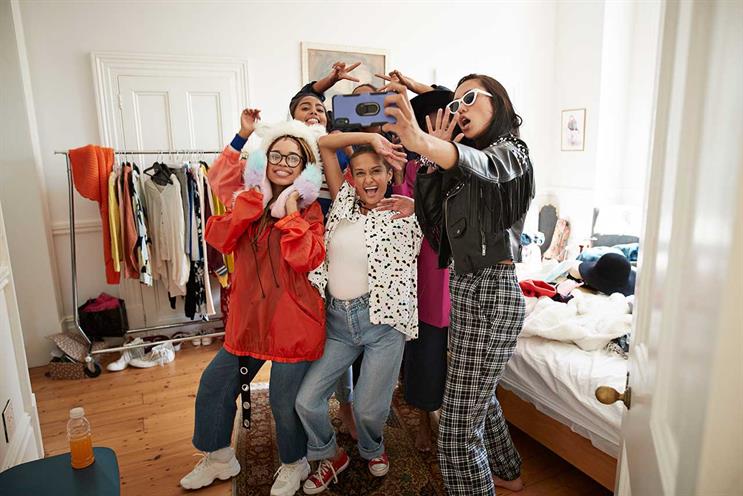Havas recently reported that 77% of brands "could disappear" and nobody would care, so it should come as no surprise that it is forecast by the Institute of Promotional Marketing that brands will spend $5.58bn in the music industry by 2030. Brands need to have cultural meaning to avoid Generation Z and millennials calling them a "dead brand" and fall by the wayside.
We’ve come a long way since Neil Young sang in 1998: "Ain’t singin’ for Pepsi. Ain’t singin’ for Coke. I don’t sing for nobody. Makes me look like a joke." In the past two months, London has witnessed Red Bull Music Festival’s 16-date odyssey and Boiler Room's work with Pernod Ricard on a 130-artist Peckham takeover. Brands are becoming ever-more intertwined with music culture.
How this is done well is a larger debate, but as we see more brands working in music, we felt the need to publish Warm 001 – The Talent Issue, putting forward six rules for creating the perfect partnership for both artist and brand.
1 Let the artist be the creative
From Donald Glover AirDropping new shoes to fans at Coachella to his pastiche ad series promoting his Adidas collaboration, the best new-age marketing is more culture than commercial, more art than advertising – and it clearly resonates.
2 Maven over mercenary
When partnerships go wrong, they go badly wrong – see the recent press backlash supporting The Black Madonna dropping Amazon’s festival due to "ethical transgressions" that has led to 700 artists boycotting Amazon events globally.
Ask yourself: does the artist even like your brand or concept? If you do enough homework or have a relationship already, you’ll know pretty quickly. If they care, that’s when the magic happens. To quote Prince: "Money is one thing, soul is another."
3 Check the manager
Good managers push back on the contract; they negotiate. If they don’t, they probably haven’t read it and, as a result, won’t do anything you’ve asked them to do in the contract. As one anonymous source explained: "We worked with an artist on a massive sneaker campaign; the manager signed the contract without even reading the non-compete clauses."
Huge internal fallout, no social posts, unhappy client, unhappy us, unhappy talent. Nightmare.
4 Who the hell is 'errrrrybody'
Labels, agents, management, tour managers, advancing teams, artists, PR, legal, publishers… they all have a role to play and each stakeholder could floor a deal when plans don’t align. Knowing who to approach and their agenda is imperative to landing a fruitful partnership across teams often as large as 40-plus people.
5 Know your market inside out
Most people don’t have a benchmark of what’s fair to pay an artist and what’s a rip-off. Inflated fees mean less amplification spend, meaning less promotion for both brand and artist, and less chance of reaching the KPIs that unlock the next project and support the arts long term.
6 Size means nothing
Elevation Meditation and Nine8 Collective nailed it at Boiler Room Festival. Queues to get in. Packed-out room. Mad vibes. These emerging artists have an engaged audience who give a f***. Working harder, caring more, they create better brand experiences. Headline talent doesn’t buy credibility.
Best partnerships come from a place of mutual respect, where brand and artist are into each other, supported by a team able to unlock the best out of the partnership. Our culture moves at lightning speed, from quick-fire social media spats to a tanked release – these factors quickly affect whether that shortlist of artists will do the job. It’s important to work with people who deeply understand the culture you’re going into. Be true to your school.
Theo Gentilli is co-founder of Warm Street. Warm 001 – The Talent Issue is out now
Picture: Getty Images


